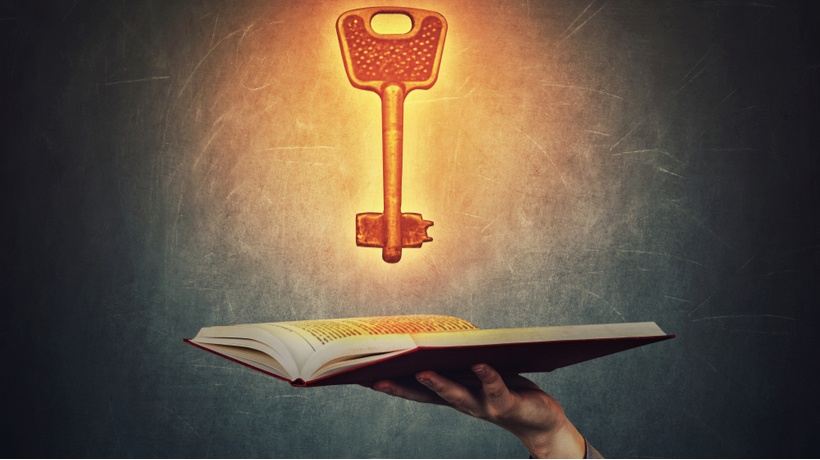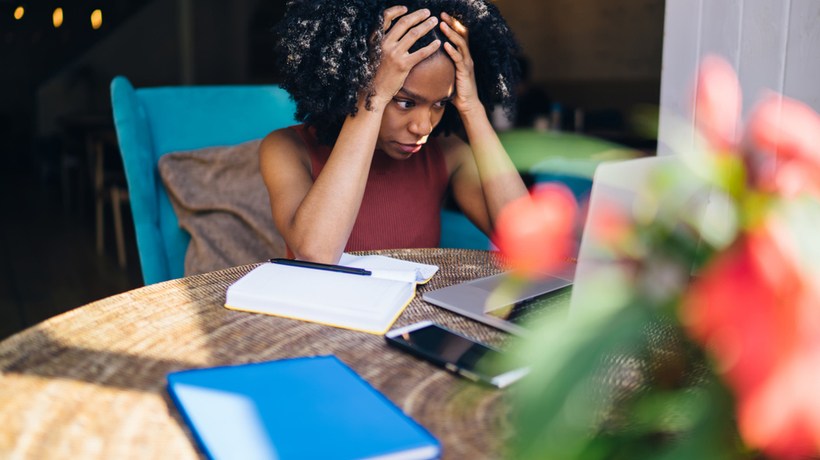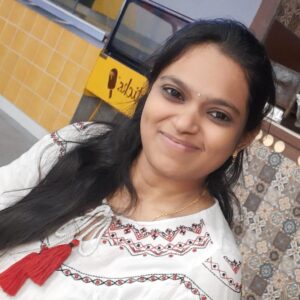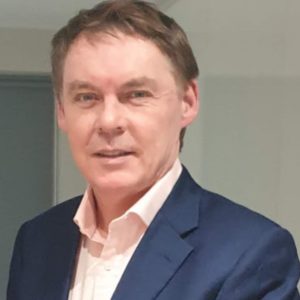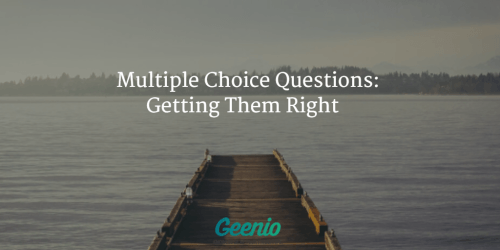Knowledge Is The Great Equalizer
Knowledge is a common denominator that connects every human. It is what fundamentally differentiates us from every other species on our planet. If it weren't for our curiosity and thirst for knowledge, humans would not be where we are in our progress. Furthermore, in times of uncertainty, knowledge increases your ability to come up with unique and innovative solutions to issues once thought unsolvable, especially now more than ever before.
Then, why do so many responsible for knowledge, specifically those responsible for learning, continue to believe they are not a concern for stakeholders? Why do so many continue to believe they are powerless in times requiring knowledge to address and even solve what are perceived as insurmountable problems? Do they even realize the crucial role learning and education play in times of instability and turbulence? If there were ever a time learning practitioners and knowledge champions should be thrilled, it is now, during a pandemic!
Knowledge is the one commodity that will get us through times of uncertainty and unforeseen change. Leaders, decision-makers, politicians, employees, neighbors, even your family; everyone is looking for more knowledge. Knowledge is what ensures fairness and equality. Knowledge is society's defense for democracy. The more knowledge is available the more people can make informed and reasonable decisions.
Guess what? You are the promoter, supporter, and gatekeeper for knowledge. You must do what you do and do it well. Your role, more than ever before in recent history, is front and center. This is a bold statement and wonderful aspiration, but how?
Critical Thinking
Knowledge is driven through inquiry and curiosity. Factual knowledge arises from confirmation of this inquiry. Critical thinking accomplishes both but regretfully, it is also the one skill lacking among most of the population. This could be a result of our fast-paced and social media-focused environment, the need for immediate gratification, or people just wanting to be right all of the time. Whatever the reason, people are quick to accept what they see and hear without question. This is dangerous.
Critical thinking is about having the courage to challenge what is presented. It is not about being negative. It is about asking why and how repeatedly, not to necessarily discredit the knowledge presented but rather to confirm it. True and factual knowledge is layered and nuanced. A critical assessment provides insight into these knowledge layers allowing you to gather more insight the more you question.
Real professionals, like me an FCPA, are conditioned to question extensively to get to the root cause or source. Implicit conclusions are unacceptable. Even if the answer is obvious, a professional will verify its validity to confirm it is the right answer. You need to do the same. You need to instill a habit of questioning anything presented to you; you need to equally substantiate the knowledge you disseminate to others.
Objectivity
A true test for knowledge validity is its objectiveness. Many will argue complete knowledge objectiveness doesn't exist. To an extent they are correct, and that's why when you acquire and present knowledge, it must account for potential bias. Acknowledging, even disclosing, the knowledge may possess bias is a huge step to ensuring objectivity and demonstrates real professionalism.
The first step is to verify the knowledge source. Even if you are the primary source, the knowledge you want to share came to realization from a variety of other sources. If anyone challenges its validity, you are in a position to defend your position without repercussion. Verify your sources and question everything.
Transparency
Knowledge transparency is about full disclosure and openness. Hiding anything about the knowledge you share including the knowledge itself is a red flag for deceit. Deceit is about knowledge manipulation for selfish benefit, something the world is seeing too much of recently.
Avoid this by disclosing everything about the knowledge you are sharing without undermining confidentiality. Some will fear they are disclosing too much either because they want to protect something or fear repercussions from the share itself but being transparent is the antidote. This openness protects your integrity (the next point) and demonstrates your trustworthiness.
Integrity
When it comes to protecting the truth of knowledge, your integrity is at stake. Integrity is the one quality that requires years of care to build it and a moment of carelessness to call it into question. Following the previous points helps you to protect it should anyone call your integrity into question.
Knowledge is the great equalizer. It doesn't judge where you come from, who you are, the color of your skin, the choice of your religion (or not), or the money in your bank account. Knowledge is democratic unto itself and is what allows you to help others make informed and timely decisions.
Your efforts speak to your work and responsibilities; your actions speak to the substantive knowledge the world desperately expects from knowledge bearers like yourself.
Share Your Thoughts
Share your thoughts and feedback with us. We’d enjoy hearing about your efforts. And who knows, it may be the topic of our next eLearning Industry article. Follow me on Twitter for more valuable developmental resources. My handle is BizLearningDude. Please enroll in our LinkedIn Learning courses to learn more about developing your business credibility for your learning efforts. Please share your thoughts and remember #alwaysbelearning!
Please be safe and please stay healthy.
